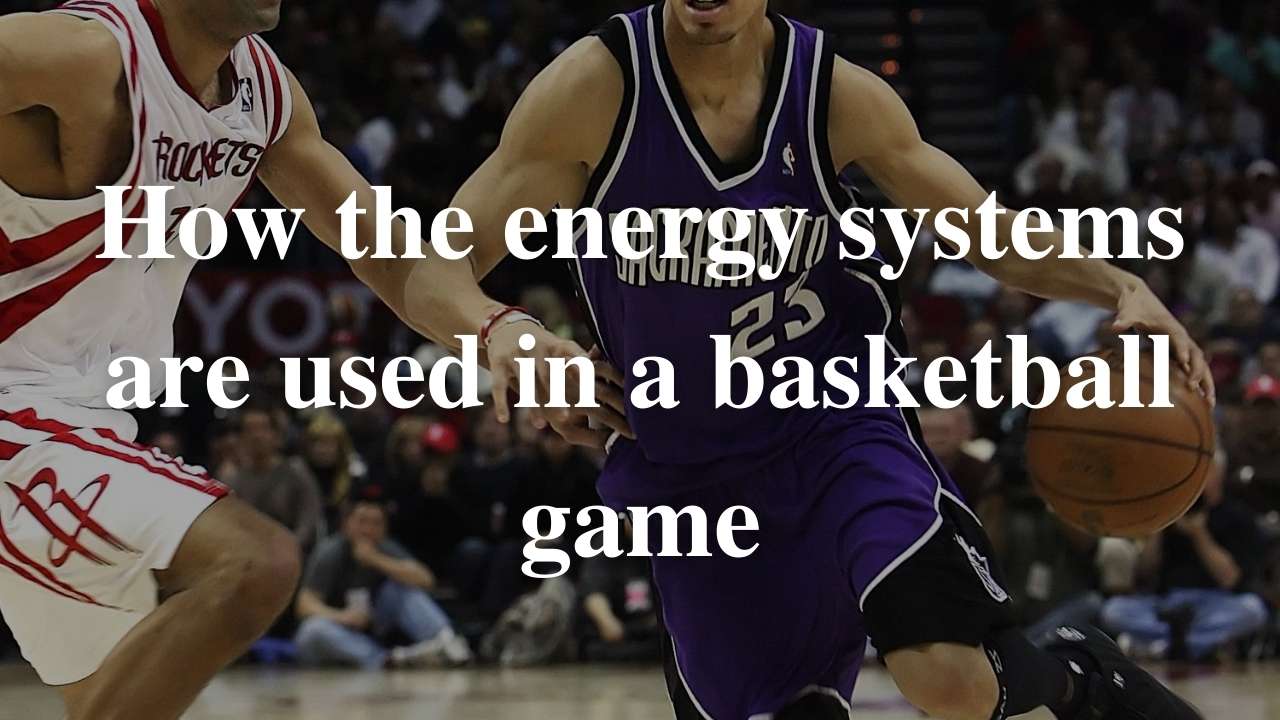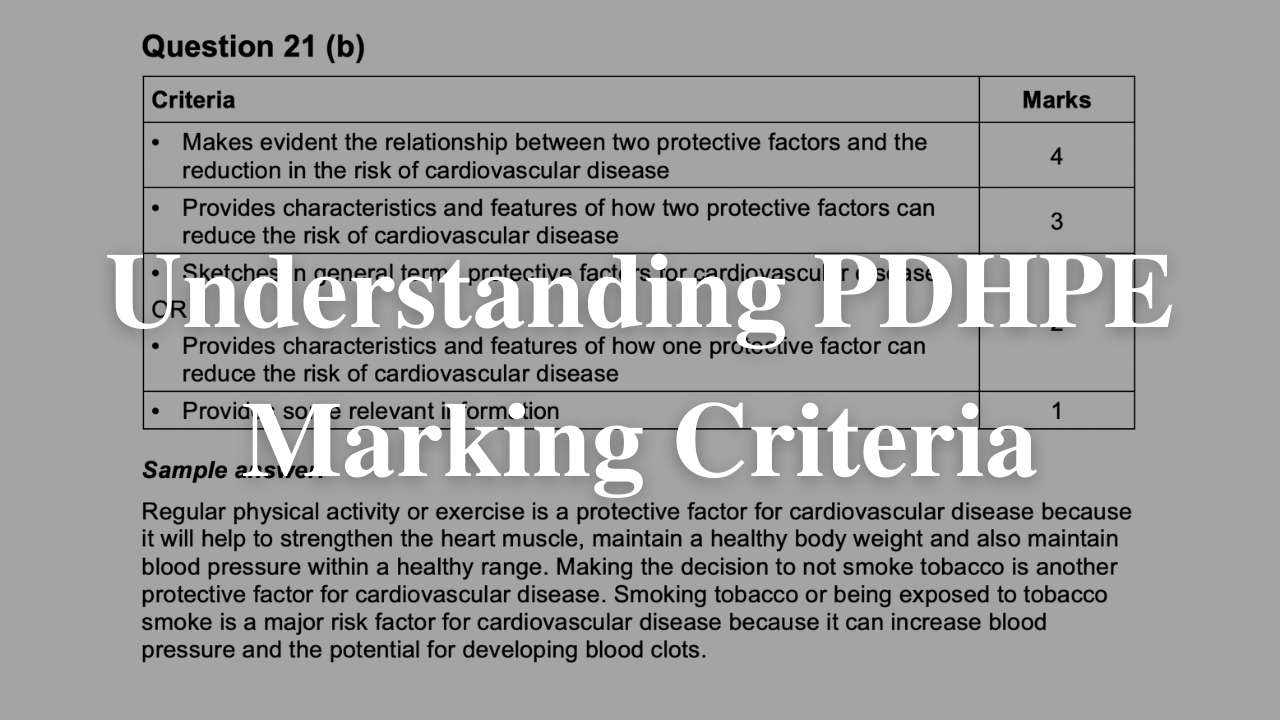To do well in exams, you must identify and address knowledge gaps that hinder your performance. Practice questions are an amazing tool for this purpose.
Identifying knowledge gaps
Practice questions can be used as diagnostic tools to assess your understanding of the content to find your knowledge gaps. By engaging with a range of questions, – MCQs, short (3-4 marks) and long (6-12 marks) answer questions – you can identify specific areas where you can improve. For instance, in HSC PDHPE, you may face challenges in understanding the role of different stakeholders in addressing identified health issues. Or for FAP, you may find it challenging to grasp the many factors that influence performance, such as nutritional or psychological factors.
Focusing your study
Once knowledge gaps are identified, targeted strategies can be employed to fill these gaps and improve your exam results. One approach is to dive into comprehensive resources like textbooks and online references. While this may help you if you don’t know the information, you may be better served by having a conversation with a classmate who has a deep understanding of the content or by a conversation with your teacher so they can identify why you don’t understand, or perhaps help with a misunderstanding you have.
For HPIA, sites such as AIHW may assist you in diving deeper and improving your understanding, especially if you are looking at examples such as priority population groups or chronic diseases. It can also give you up-to-date graphs and tables to explore and interpret. You could also create or consult your flashcards and continue to do recall activities in order to cement the content in your mind. You just need to make sure you are filling in the knowledge gaps you have.
For FAP, you can enhance your understanding by engaging in practical applications or examining case studies (if you struggle to find them, ask your teacher for some specific to your knowledge gap). You could also design and conduct practical experiments, or study sports performances to explore the nutritional or psychological strategies employed that impact individual and team performance. Your active engagement helps solidify knowledge and promotes a deeper understanding of the content.
Monitoring progress
Regularly monitoring progress is essential to track improvement and ensure your knowledge gaps are being addressed. Revisiting practice questions periodically allows you to gauge your progress in previously challenging areas. I would actually suggest reviewing similar questions, in order to measure your growth, reinforce your knowledge, and build your confidence as exams approach.






